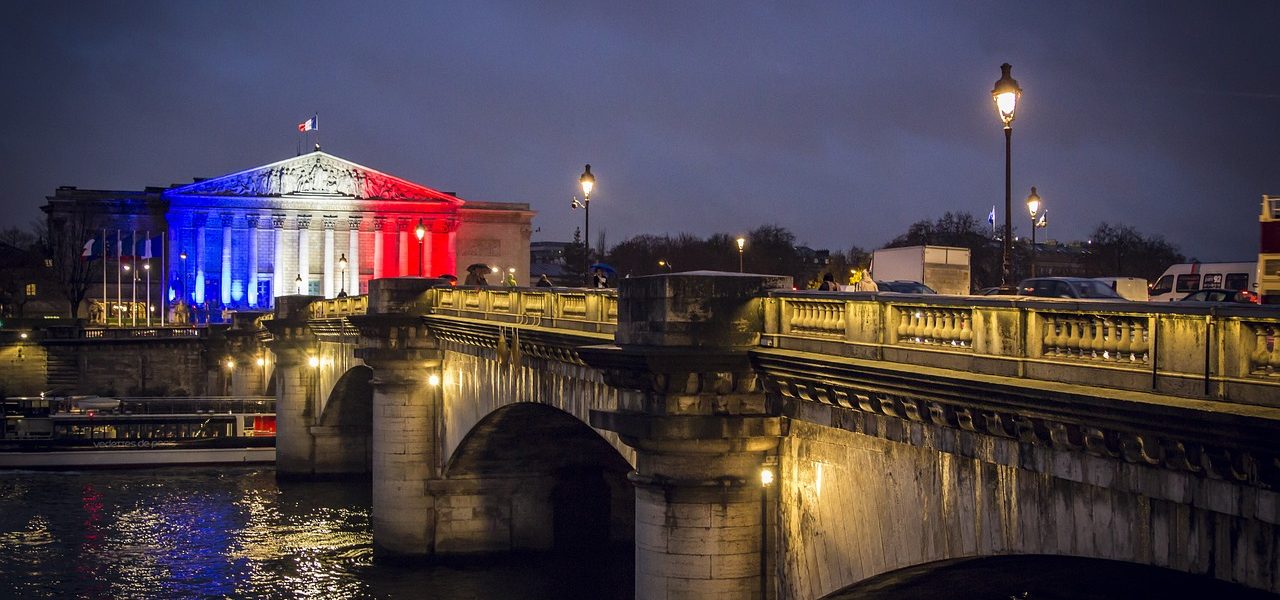Fall of the government in France
Fall of the government in France. On Wednesday, the French parliament adopted a motion of no confidence in the government of Michel Barnier.
The motion of no confidence was submitted by two political groups – the leftist New People’s Front and the far-right National Union. The motion was supported by 331 lawmakers from the left and far-right, exceeding the required 289 votes for its adoption.
France faced a tense political situation, as Michel Barnier’s government lacked a parliamentary majority.
Political Crisis in France
The center-right cabinet of Michel Barnier, established on September 21, has gone down in history as the shortest-serving government in the Fifth Republic, which has existed since 1958. The last time a French government was toppled by a vote of no confidence was in 1962.
Following Barnier’s resignation, President Emmanuel Macron will face the challenge of appointing a new prime minister. This task is particularly difficult, as no party has enough members or allies in parliament to secure a majority for the new government or at least protect it from another vote of no confidence.
Parliamentary elections in France 2024
The 2024 parliamentary elections in France were pivotal for the country’s political stability. No single party achieved a majority in the 577-seat National Assembly, resulting in a hung parliament. The left-wing coalition, New Popular Front, secured the most seats (188), ahead of President Emmanuel Macron’s centrist coalition (161 seats) and the far-right National Rally Alliance (142 seats). These results highlight deep divisions within French society and the lack of a dominant political force.
The elections were called after President Macron dissolved parliament, aiming to clarify the political landscape following setbacks in the European elections. However, the outcome has only deepened political uncertainty. The left-wing coalition, which made significant gains, is now pushing to form a government, while centrist and right-wing parties are trying to block its legislative initiatives, such as repealing Macron’s pension reforms and increasing the minimum wage.
This scenario places Macron in a challenging position as he works to establish a stable government, especially with the 2024 Summer Olympics in Paris fast approaching.













